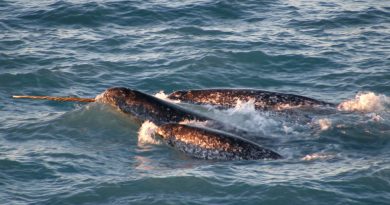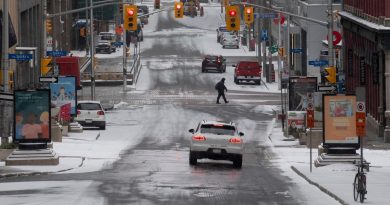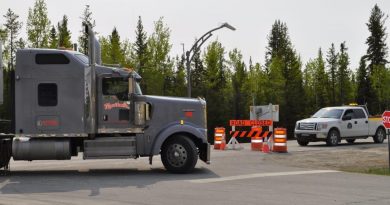Canadian feds return $430M to oil and gas companies ahead of Arctic offshore exploration ban

The federal government returned $430 million in security deposits to oil and gas companies that committed to spend billions exploring the offshore in Canada’s Beaufort Sea.
Five companies promised to spend nearly $1.9 billion doing exploration work in those deep waters — with Imperial Oil Ltd, Exxon Mobil, Chevron Canada and BP Canada pledging the vast majority.
To secure their rights to explore a total 1.4 million hectares of Arctic sea floor, the companies gave the government 25 per cent of the total amount they promised to spend carrying out the work.
In March 2019, the federal government returned the remainder of those deposits, roughly four months before freezing all offshore exploration in the Canadian Arctic. That followed a moratorium in 2016 on future offshore drilling in Arctic waters.
“It kind of puts the nail in the coffin,” said Merven Gruben, mayor of Tuktoyaktuk, N.W.T.
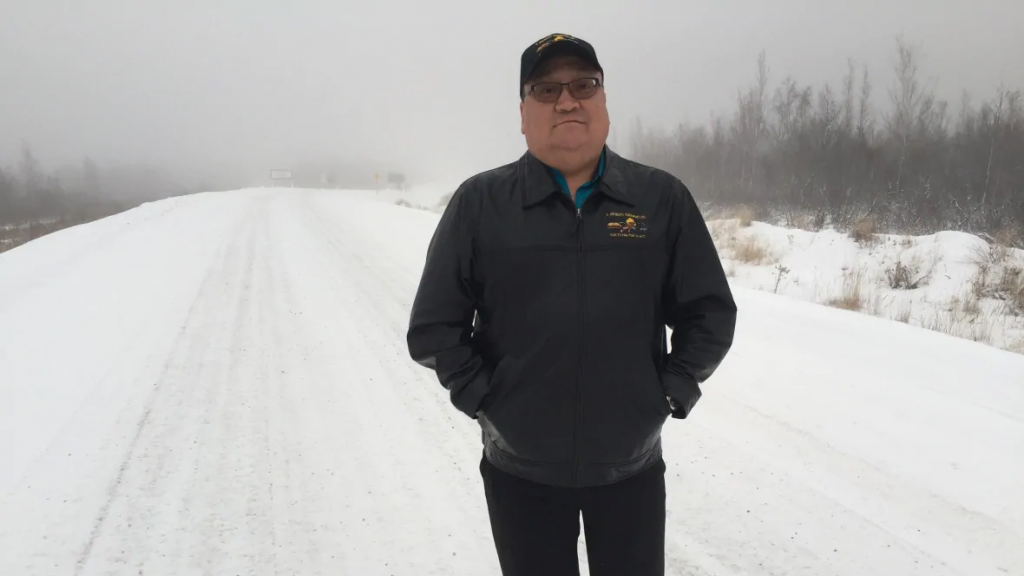
The hamlet, located along the Beaufort Sea, has been through several oil and gas boom and bust cycles.
Gruben said he worries the news of the returned deposits is another sign rich deposits will stay on the sea floor for the foreseeable future.
“There’s just so many environment regulations. It’s just frustrating,” he said.
The community is now shifting its focus to tourism, following the opening of the Inuvik to Tuktoyaktuk highway two years ago. The community welcomed 7,000 tourists this year, Gruben said.
The federal government said it returned the deposits because the ban prevents companies from doing exploration work and earning back the funds.
“Now, obviously the landscape has shifted and changed since the time the licenses were issued,” said Michel Chénier, director of petroleum and mineral resource management for Crown-Indigenous Relations and Northern Affairs Canada.
Companies could walk away from licences
The companies still have license to explore and drill — but they’re frozen by the prohibition order that came into effect last July.
If that order is lifted, the companies will have to repay the remainder of their safety deposits to keep the licences. Chénier said there’s no penalty if they don’t renew their licences.
Many of the existing licences in the Beaufort offshore were set to expire between July 2019 through 2023. The prohibition order was issued just one day before Imperial Oil’s second largest parcel was set to expire.
Oil and gas analyst Doug Matthews, who’s worked in the Arctic for 40 years, said it’s a fair possibility that oil and gas companies could walk away from their licences.
“I’m of the opinion that, at that stage, nobody’s going to care about drilling in the Beaufort,” he said.
“I think there’s just so much oil and gas in the world these days that there’s no real need to go to the very expensive, technically challenging, deep water [in the] Beaufort Sea.”
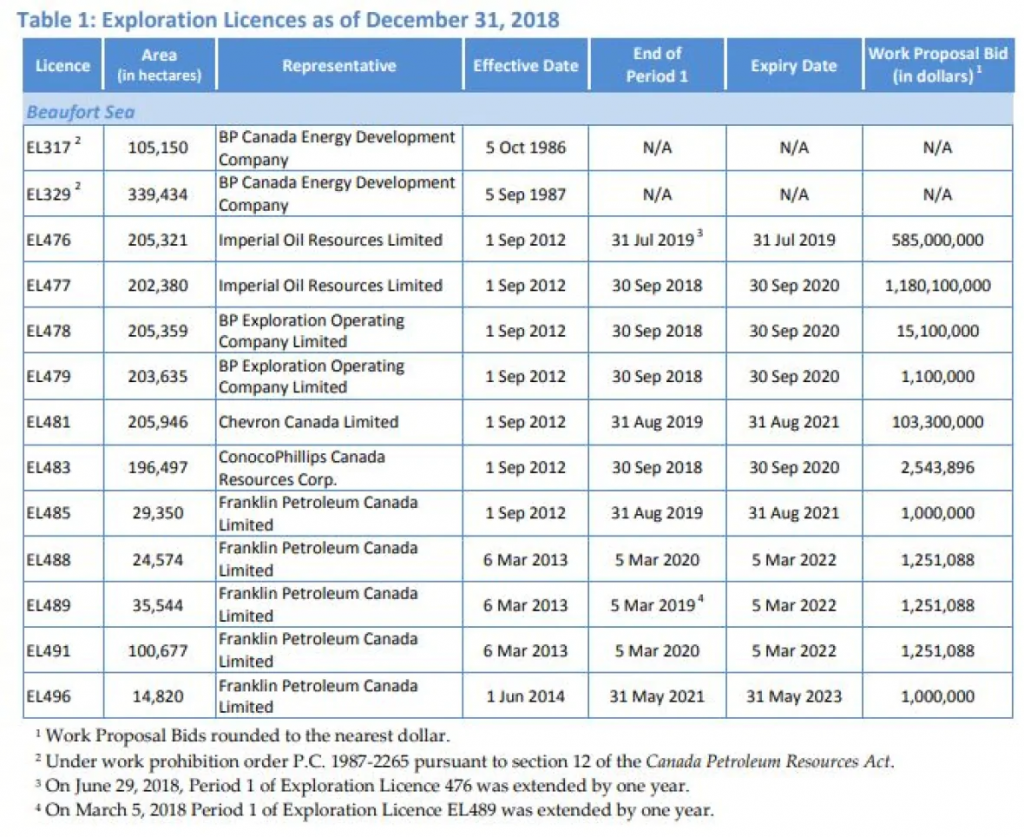
Safely drilling in the area currently requires the ability to drill a relief well in case there’s a blowout.
“[It’s] a very costly insurance policy and I’m not sure that they would want to go back into the Beaufort if that … relief well policy remained in place,” Matthews said.
Matthews said the government’s decision to return the security deposits was “ethically responsible,” given that companies only managed to do geophysical work before the moratorium was put in place in 2016.
“I don’t think there was an awful lot of opportunities for the companies to actually do any work,” he said.
“I think from the N.W.T.’s perspective, it’s not a happy story.”
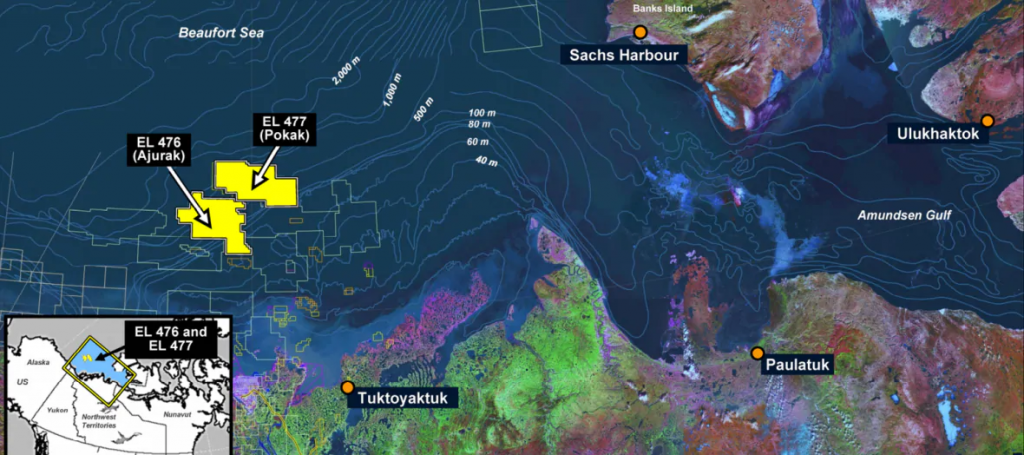
Since 2016, the federal government has been consulting with licensees, territorial governments and Indigenous groups on their interests in the Arctic offshore.
“At that time, they expressed their interest in the licenses in the short, medium and long-term,” said Chénier.
In an email to CBC, BP Canada stated, “BP looks forward to the completion of the review by governments on the Canadian Arctic waters climate and marine science based life-cycle assessments.”
The five-year moratorium review on the Arctic offshore is due in 2021.
Related stories from around the North:
Canada: Environmental groups welcome ban on dirty fuel by Arctic cruise operators, Radio Canada International
Finland: Finland investigates oil leak risks from Baltic Sea shipwrecks, Yle News
Iceland: Iceland to restrict heavy fuel oil use in territorial waters, Eye on the Arctic
Norway: LNG-reloading operations end in Norway’s Arctic waters, The Independent Barents Observer
Russia: Equinor drops plan for oil transfer terminal at Veidnes in northern Norway, The Independent Barents Observer
United States: Carnival Corporation ships switch to cleaner fuel on Arctic cruises, Radio Canada International

